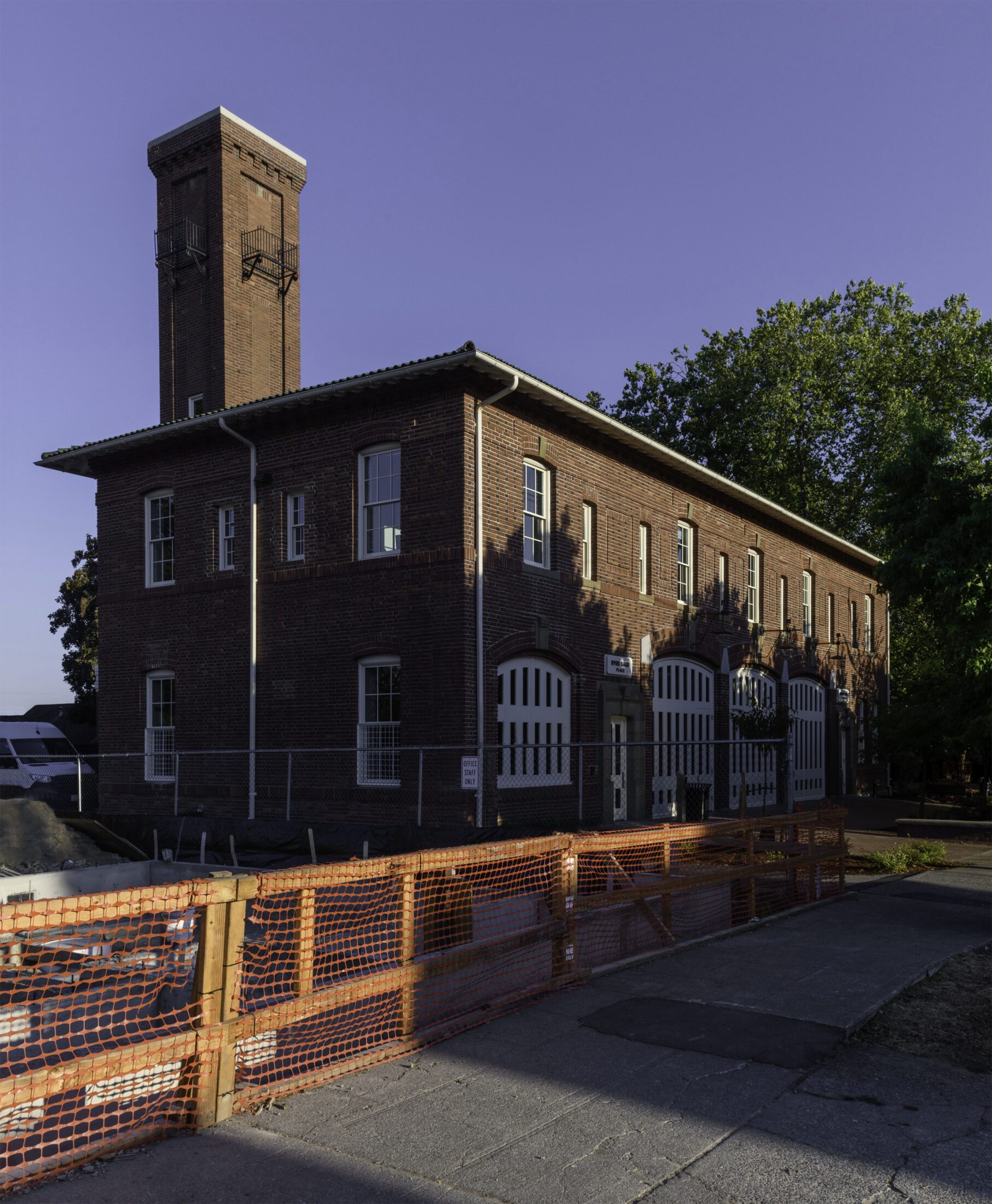by Ro Fonder Reeve, Senior Marketing Specialist.
Roberta Byrd Barr was an extraordinary force for education and social justice in the greater Seattle area. And yet, as a born and raised Seattleite, I had not even heard her name until recently, when I had the happy task of writing a story about FSi’s work at Byrd Barr Place. As I learned about the organization and its mission, I fell in love with what they do and how they do it. Then, I got curious and wondered about their namesake. That’s when I found some wonderful Seattle history that was new to me, and I want to share it with you in honor of Women’s History Month.
Roberta Byrd Barr was an educator, media personality, and community activist, acting as a strong voice for justice across the state of Washington.
Born in Tacoma in 1919, Barr’s family moved to Seattle when she was a child. She graduated from Lincoln high school and went to college at Wilberforce University, an HBCU. She also studied at the New School of Social Research, and the University of Washington where she earned her bachelor’s degrees sociology and elementary education, and her Master’s in Librarianship.
Barr taught in Seattle Public Schools and was a school librarian. Her work in the school system was integral to her life as an activist, as she experienced the city’s racial inequalities in her daily work with students. In 1966, she participated in the school boycott that protested the slow pace of desegregation in Seattle schools. In the same year, she led the Freedom School for Black children, located at the YMCA. That year also saw her appointed to a statewide anti-discrimination commission by Governor Dan Evans.
In 1973, Barr became the first woman and the first Black person to be a principal at a Seattle high school when she was tapped to run Lincoln, where her reputation as a fair and able administrator was solidified. Barr continued to break racial barriers in Seattle, hosting a television show at KING 5 and later at PBS. At Face to Face, Barr led frank discussions about controversial topics including racism, abortion, the Viet Nam war, and immigration.
As I watched the few available clips from her show, I was in complete agreement with newspaper columnist Emmet Watson, who said he would happily listen to her read the phone book. Her beautiful voice and calm demeanor are like smoky velvet and seem tailor-made for bringing people together, and her well-reasoned opinions helped shape the discussions in Seattle and around the state during a difficult time. She was the epitome of calling people in and helping them understand diverse points of view.
Although Barr died in 1993, her legacy of work for justice and equality lives on. You can see it in the conversations we still have, the activism that is a part of Seattle’s culture, and in the work they do every day at Byrd Barr Place.
